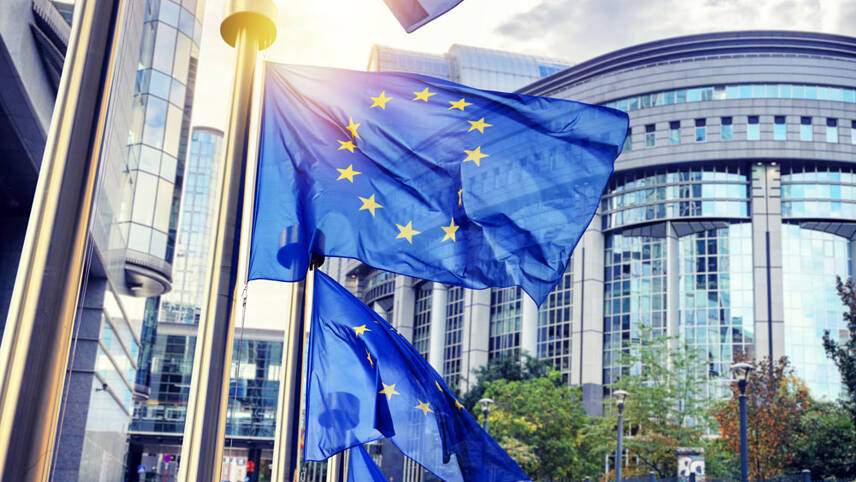Register for free and continue reading
Join our growing army of changemakers and get unlimited access to our premium content

Manufacturers of banned goods will be required to remove them from the EU market.
A vote on the Directive tabled for last week was delayed due to vocal opposition from nations including Austria, Germany and Italy, on the grounds that it would over-burden companies with reporting and audit requirements and disincentivize international businesses and investors from choosing EU markets.
It was estimated that support and opposition for the Directive in its initial form was split around 50/50 among all MEPs.
Today (15 March), a stripped-back version of the Directive was approved, meaning that it is likely to be enshrined in law before the European elections later this year.
Initially, the law was set to apply to all businesses larger than the EU’s definition of an SME – that is to say, all firms with a headcount of under 250 staff and annual turnover of €50m or less. Due to pushback, its scope has been narrowed to with 1,000 or more employees and with an annual turnover of €450m or more. Additionally, the text promises multi-year delays should the Directive’s scope be expanded, giving smaller firms time to prepare.
Oxfam has stated that use of the SME argument to block the directive would “not be credible” and highlighted that the directive compels large businesses to financially and practically support SMEs in their supply chains.
The narrowing of the overall scope is one of several examples of weakening of CSDDD requirements. A CSDDD mechanism through which trade unions could sue non-compliant firms has been axed, and the scope of the directive has been narrowed down in terms of the responsibilities required of corporates in terms of waste management.
There is also now a loophole in which corporates are not responsible for the environmental or social impact of organisations they work with indirectly.
A further vote on the CSDDD will be tabled in the coming weeks. The law needs to pass by the end of April if it is to avoid delays relating to the summer elections.
Reaction is mixed as to whether the progression of this new, stripped-back version of the directive is to be celebrated.
Natalie Stafford, head of ESG at risk management firm S-RM, said: “Progress of a watered-down directive is still a significant step forwards. It can be built upon in future, once we see how it plays out for business on the ground.”
ShareAction’s EU policy officer Isabella Ritter called the vote “a watershed moment” but argued nonetheless that policymakers “clearly prioritised political gamesmanship over the interests of business, civil society and consumers” by paring back the Directive’s requirements.
She warned: “By phasing in the limited measures agreed upon today, we are unlikely to see tangible results for almost a decade, leaving vulnerable workers at risk and jeopardising our planet and its vital ecosystem.”
Similarly, WWF Europe’s sustainable finance policy officer Uku Lillevali called the deal “spineless”. He said: “The EU countries endorsed the much-needed due diligence law, but at what cost? We’re left with bare bones, with an already weak framework that now covers only a fraction of all large companies. By succumbing to the flawed narrative of ‘disproportionate burdens’ on SMEs and severely shrinking the number of companies covered, the EU governments killed two-thirds of the law, and with it the real impact it could have had.”
“Restricting robust transition plans to only a small share of companies and neglecting to link managers’ paychecks to these plans undermines the integration of sustainability into firms’ DNA and hinders their ability to address long-term impacts and risks.”


Please login or Register to leave a comment.